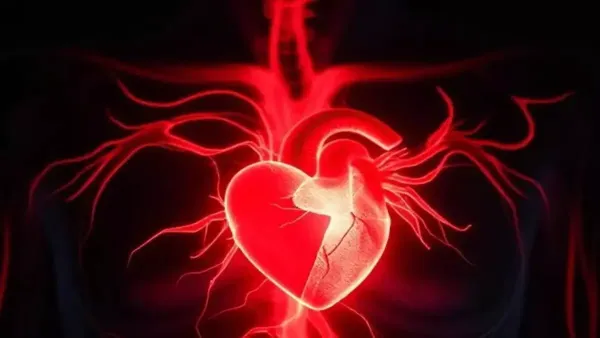
SCA is a deadly emergency, in which the heart suddenly stops beating due to electrical failure, causing the affected person to faint and faint. Death can occur in a few minutes due to SCA, without immediate medical intervention, including cardiopulmonary rescue (CPR) and defibilation.
A study published by NIH investigated several cases of young people who experience SCA and found that some underlying and often unknown factor could increase the risk. These include:
Genetic cardiovascular conditions: conditions such as hypertrophic cardiomyopathy (HCM), Long QT syndrome and aryphogenic right ventricular dysplasia (ARVD) can cause abnormal heart rhythm, causing SCA. Many of these disorders are hereditary and are not detected without genetic examination or special heart test.
Myocarditis: This inflammation of the heart muscle, which often begins with viral infection, has been recognized as a possible cause of SCA in young adults. NIH studies found that post-viral myocarditis can sometimes weaken the heart and cause fatal arrhythmia.
Electrical disorders of the heart: Conditions such as Wolf-Parkinson-White (WPW) syndrome or Brugada syndrome affect the power system of the heart, causing young people to suddenly become sensitive to arrhythmia death.
Uninfected structural abnormalities: some individuals are born with minor heart defects, which cannot produce noticeable symptoms, but still contribute to fatal cardiovascular events during stress or diligence.
Lifestyle and environmental trigger: excessive intake of energy beverages, dehydration, drug use (especially stimulating or opioid), and excessive physical exertion has been associated with sudden heart rate, especially in young athletes.
Post-hearted cardiovascular complications: NIH has also checked the relationship between Kovid-19 infection and increasing risk of myocarditis, which can cause arrhythmia and heart rate in young people with no pre-heart disease.
While many cases of SCA occur without any pre -symptoms, some warnings may indicate the underlying cardiovascular problem, including:
Unexpected fainting or dizziness
Chest pain
Breath shortness
Abnormal fatigue
Irregular or fast heartbeat
Preventive measures and awareness
Given the devastating effects of SCA, awareness and preliminary investigation is important. NIH recommends:
Regular Heart Investigation – Especially for those who have a history of heart disease or unexplained sudden death in the family.
Genetic Testing – for families with known hereditary cardiovascular conditions.
Electrocardiogram (ECG) and Echocardiogram – to detect potential electrical or structural cardiovascular abnormalities.
Avoiding harmful substances – Reducing the use of stimulants and being hydrated can help prevent cardiovascular stress.